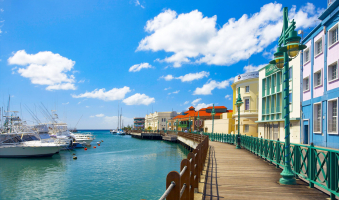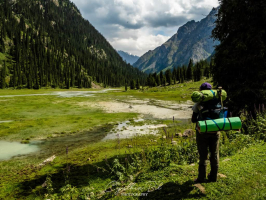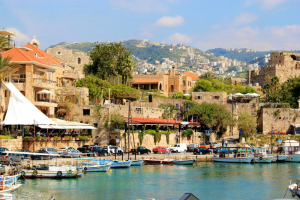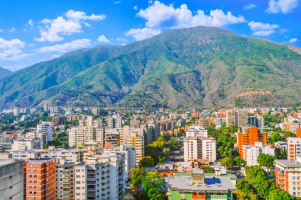Top 10 Things about Greece You Should Know
Visiting Greece, a place of ancient and medieval ruins with a rich history, will allow you to carry a bit of their past home with you. They may have insane and ... read more...twisty roads, but you can certainly appreciate the breathtaking vistas while driving. Because the Greeks were famed for their exquisite art and building, just glancing at the ancient sculpture and architecture will give you a flavor of their history. Here are some Things about Greece You Should Know before traveling to this coutnry.
-
Greece, unlike other European countries, is a cash-based economy, therefore bring plenty of cash. If not, ATMs can be found, especially in the heart of major cities; but, on lesser-known islands, where many restaurants and establishments do not accept credit cards, this may be a problem.
Don't worry; credit cards are accepted in the majority of bigger stores (shopping stores, large supermarkets, malls, restaurants in busy locations). However, try to always have cash on hand; if in doubt, always inquire before proceeding to the register.
Many Greek banks have ATMs located outside the bank in glass-enclosed chambers. In Greece, getting cash through ATMs is more popular than any other method of money exchange, and it normally costs €2-3. Although a few hotels, restaurants, and tavernas may have one, street-side ATMs are still the most prevalent. This is one of the top Things about Greece You Should Know before traveling to this country.

https://www.realfakebanknotes.com/ 
https://www.un-patrimoine.fr/ -
Smoking indoors was fairly common in Greece until late 2019. Despite the fact that the anti-smoking law took effect in 2010, it was not frequently enforced in bars, cafes, and restaurants. Smoking is permitted, according to this antique notice.
Smoking is reported to be practiced by approximately 50% of Greeks, which can be quite irritating to non-smokers. While smoking is prohibited indoors, it is nonetheless normal to enter a café or restaurant where people smoke, despite the fact that many new establishments are following the rule. However, there isn't much that can be done about outdoor smoking.
The anti-smoking rule was implemented and taken seriously in late 2019. However, not every place you visit will be smoke-free. In specified open-air sections of coffee shops and restaurants, smoking is permitted. With very few exclusions, it is also permitted in outdoor venues such as parks, beaches, and outdoor cinemas.
In any event, if you visit Greece in the summer, smoking should not be a problem. Just stay away from smokers and enjoy the beautiful weather.

https://www.independentmail.com/story/news/ 
https://www.neweurope.eu -
On smaller islands, you can walk around. Except for the smaller islands, taxis are metered and generally available across Greece. Around midnight to 5 a.m., the fare can treble or triple. Buses are available in all other local towns, although you'll only need them in Athens, Patra, Kalamata, and Thessaloniki. Athens is the only Greek city large enough to merit the construction of an underground system, with tickets costing as little as €1.20 each.
Ferries and hydrofoils can take you to any Greek island, however they can be quite crowded and slow. Buses and trains are inexpensive, while ferries are a little more expensive. Expect to pay €30-40 for a boat ride and €15-20 for a bus or rail excursion.
When visiting Greece, it is a good idea to rent a car so that you may see as much as possible. A valid foreign driving license is required by all car rental businesses. The minimum age requirement varies by location. For example, the Greek islands demand a minimum age of 21, whereas major towns require a minimum age of 23. However, don't let this deter you; many tourist spots have good public transportation and affordable cab fares.
- Tips: And, if you need transportation from the airport to any desired destination, we got you covered! Book transfer for up to 8 people and ride into all the fun that is waiting for you in Greece.
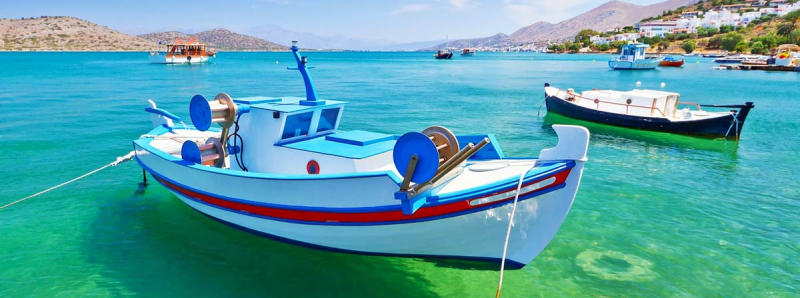
https://www.vanone.co.uk 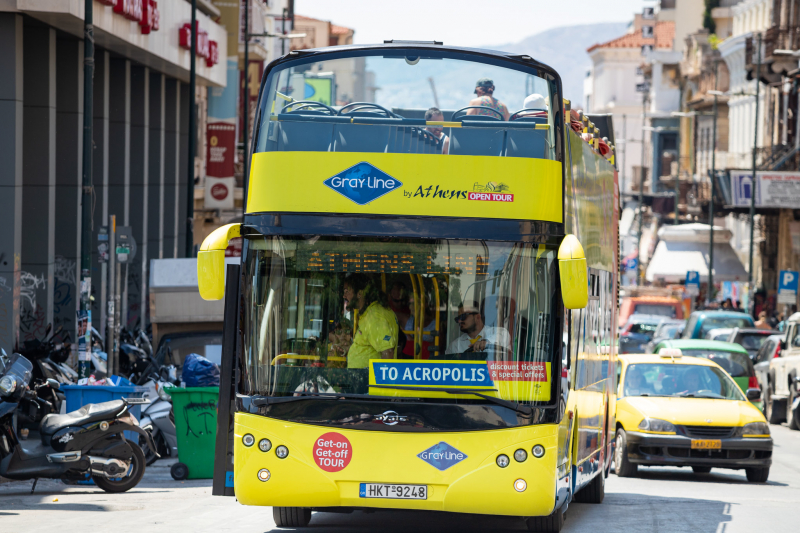
https://www.argophilia.com/ -
If you plan on driving in Greece, this is something you should be aware of. The roads are dangerous, and driving is probably not something you're used to. Indeed, most travel writers advise against driving in Greece if at all feasible.
If you're driving, be sure you're paying attention to the road and staying within the speed limit. You simply cannot afford to make any errors! Travelers on several Greek islands just walk from village to hamlet. Of course, this is dependent on their size. Buses and other forms of public transportation are also available.
You should be aware that Greeks, particularly in Athens, drive aggressively. If you plan on renting an automobile, always exercise caution. Outside of the city, the situation is a little better, but proceed with caution. When driving, motorcycles will not stay behind you and may frequently zigzag, while other drivers may overtake you on the left or right. As a result, be cautious and avoid driving downtown Athens; however, you should be alright on the islands and elsewhere.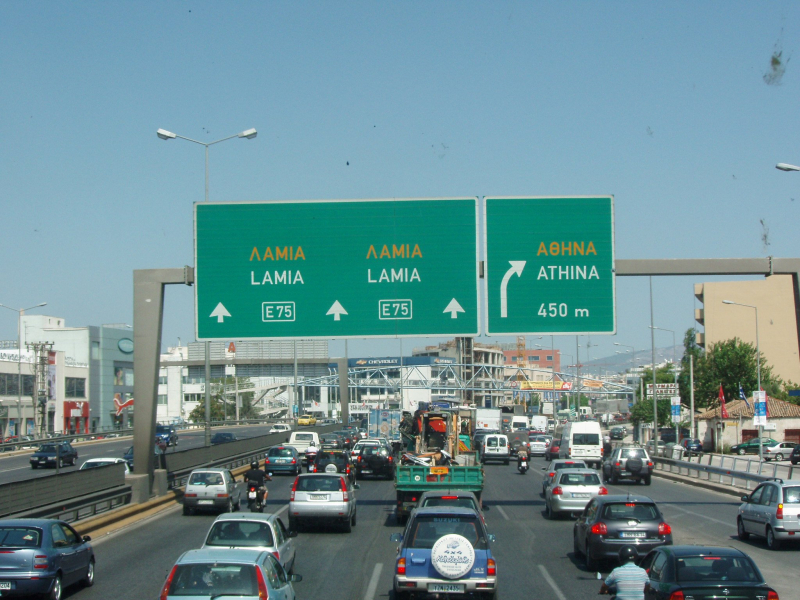
https://www.greece.com/ 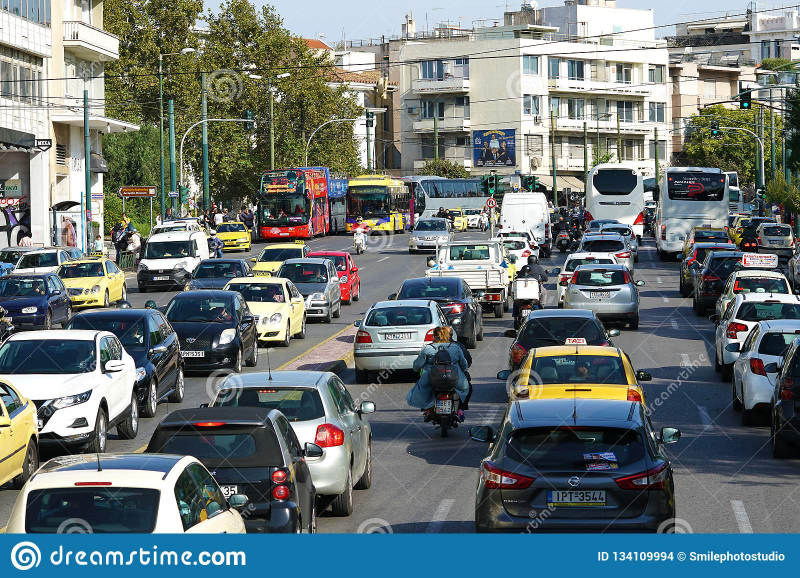
https://www.dreamstime.com -
"It's all Greek to me," you'll remark, and you'll be 100% correct. Learning a few Greek words, on the other hand, will get you some smiles and probably some treats. This may be the most useful of the things you should know about Greece. Take a peek at the Greek Alphabet to get started. You've probably seen some of our squiggly letters before, particularly if you've studied math.
But, don't worry, if you can't say any Geek, English is quite OK. In fact, Greek isn't the easiest language to learn; in fact, it's been ranked as one of the most difficult languages to learn in the modern world.
However, because all Greek pupils begin learning English at an early age, the majority of Greeks under the age of 40 are fluent in the language. You'll find that most people are fluent in English if you move to a touristy neighborhood.
https://medium.com/ 
https://www.vecteezy.com/ -
It expanded from a small town of 5,000-10,000 people in the 1820s to a bustling capital metropolis with a population of about 4 million today. In fact, it has grown at its fastest rate in the last 60 years or so. Athens is known for its ancient Greek and Roman architecture, but that is not all. You'll see a lot of Byzantine churches and a few neoclassical buildings as you travel about.
However, the vast majority of structures in Athens are new apartment blocks, many of which may appear unpleasant at first glance. Athens is what it is today because of this unusual blend! However, the vast majority of structures in Athens are new apartment blocks, many of which may appear unpleasant at first glance. Athens is what it is today because of this unusual blend!
Now, if you think Athens lacks green spaces, you're mistaken. Our green spaces include Filopappou and Muses hills, the Ancient Agora area, Lycabettus hill, and the National Gardens, to name a few. You will uncover more the longer you walk!
https://wallup.net/ 
http://architecturesideas.com/ -
People all across the world enjoy eating Greek cuisine, particularly well-known dishes like gyro and souvlaki. But every local menu has many more hidden gems, so start with mezes and don't be scared to mix flavors! When visiting Greece, we recommend that you try some of the local meals rather than sticking to your favorites. Each region of the country has its own peculiarities, and the recipes vary by region.
All visitors are suggested to taste as many original local dishes as possible while in Greece, and if you want to learn about the top 10 Greek foods you must try in Athens, Santorini, Mykonos, or Crete, check out our guides for each of these cities. If you're still unsure, simply ask your server to recommend some typical local dishes and expect to be wowed. This is one of the top Things about Greece You Should Know before traveling to this country.
- Tips: If you’re visiting Mykonos, we recommend checking out our Cooking Class where you will have a chance to peak in the Greek kitchen and learn how traditional dishes are made!

https://euroviajar.com 
https://travelpassionate.com -
If you're going to Greece, make sure you do some weather research first. While the summer is considered the greatest season to visit, July and August are extremely hot. Consider visiting Greece in May, June, or September, when the tourist season is at its peak.
Summer is a popular time to visit Greece because of the beautiful Mediterranean temperature. If you want to unwind by the pool or at the beach, this is the place to be. Greece, in fact, proudly holds the title of "sunniest" European country, with more than 250 sunny days, and the sun is strong even before summer arrives, so bring some sunscreen.
However, if you're coming to Greece primarily for tourism and visiting notable historical sites, you might choose to travel during the milder months. Summers in Greece are frequently scorching. As in, it's so hot that climbing to the Parthenon will almost cause heatstroke. You can become sunburned even if you don't plan on going to the beach or staying outside. Many tourist attractions may charge you more for sunscreen than your local store. If you're visiting Greece on a tight budget, make sure to bring sunscreen with you.

https://www.healthbuffet.com 
https://thepharmacyrx.com -
Without a visa, US and Canadian citizens can visit Greece for up to 90 days for tourism or business purposes. Visas are required for stays longer than 90 days. Passports must also be valid for at least three months beyond the stay period. EU citizens are welcome to stay indefinitely, but must register with the local authorities after three months. So now you know everything there is to know about visas before visiting Greece.
Even if you are only staying for a few days, you will require a visa if you are from a country not covered by the Schengen Agreement. Read our Schengen Visa Philippines article, in which Rachel explains how to get a Schengen Visa Philippines step by step. This is one of the top Things about Greece You Should Know before traveling to this country.
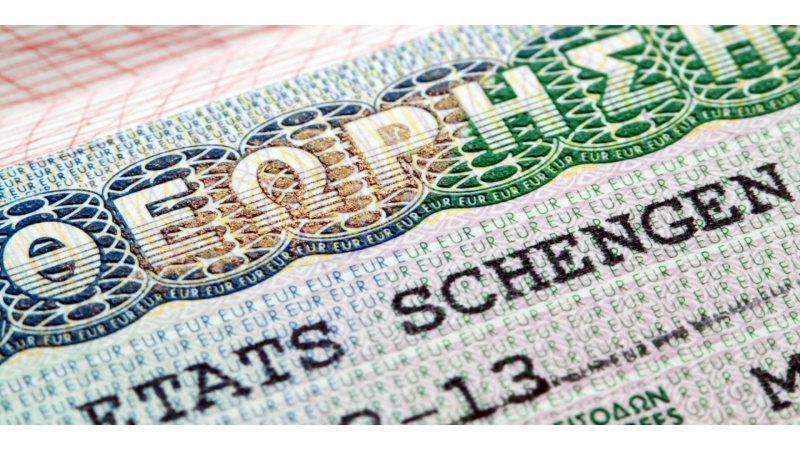
https://redblueguide.com 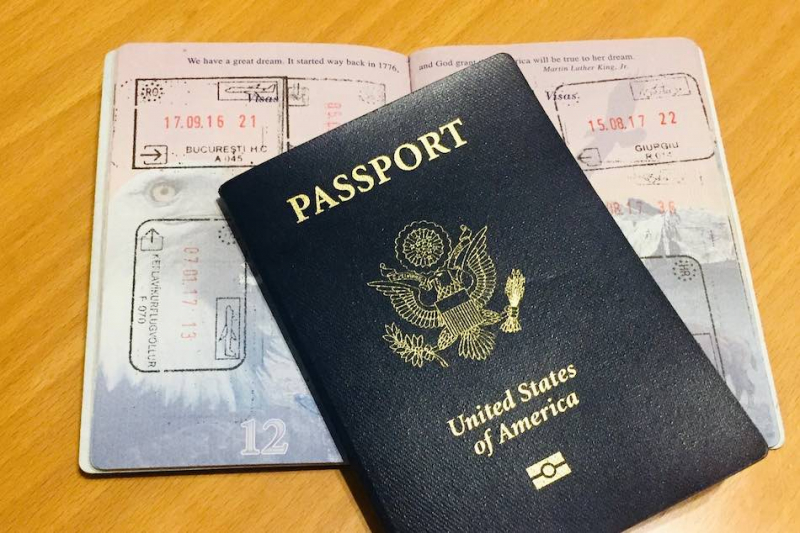
https://www.changesinlongitude.com -
The cheapest lodging is in Athens and Thessaloniki, where dorm rooms or hostels can cost €13-15 per night. Independent hotels and guest houses in Greece can cost between €14 and €18 per night. The cuisine is reasonably priced and will not have a significant influence on your budget.
A pita with tomato, onion, a few chips, and tzatziki sauce can be had for as little as €1. A decent supper in a restaurant can cost as little as €20, but with wine, it can cost as much as €30. Depending on what you buy, most meals in the cafe cost around €11. Depending on the distance between the islands, transportation can cost anything from €12 to €32.
Visiting locations throughout Greece, on the other hand, might cost anywhere from €12 to €25 per ticket. Banana boats, kayaking, and parasailing are some of the other island activities that can cost between €22 and €45. A daily budget of €30-40 is fine, but if you have more money, you can spend more!
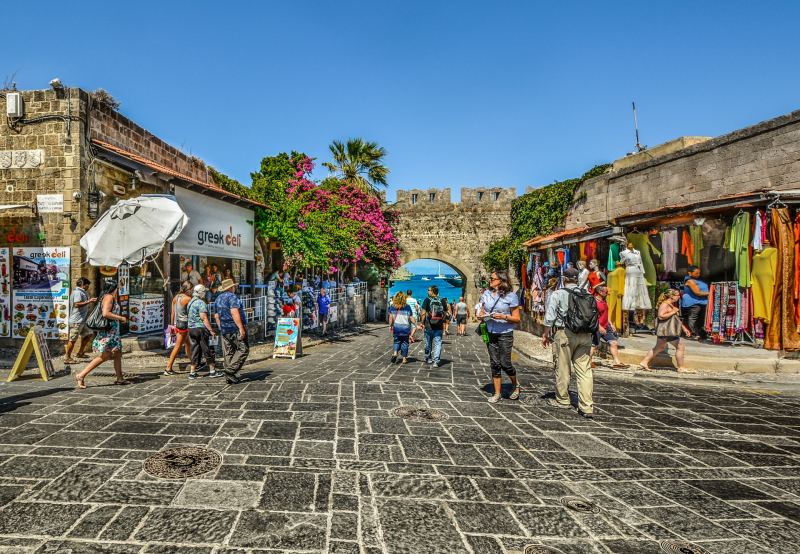
http://www.publicdomainpictures.net/ 
http://www.thejigsawpuzzles.com












